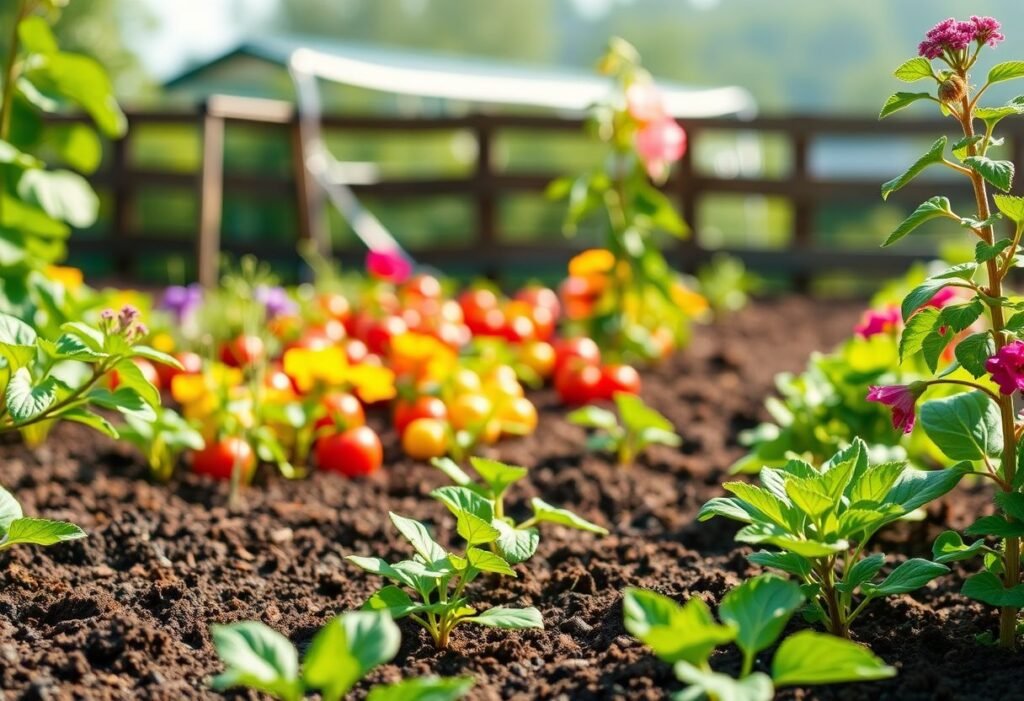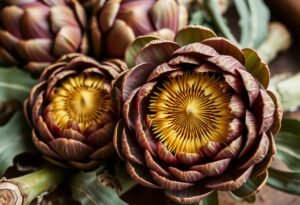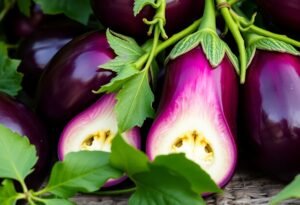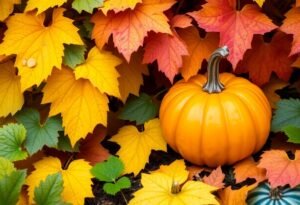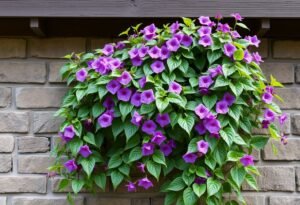Understanding Different Types of Fertilizers
Choosing the best fertilizer for a vegetable garden should start with understanding the different types of fertilizers available on the market. There are organic fertilizers, synthetic ones, and blended options, each with its properties and effects on plants. Organic fertilizers like compost, manure, or vermicompost provide not just necessary nutrients but also improve soil structure. On the other hand, synthetic fertilizers can deliver a quick boost of essential elements, but if misused, they can be harmful.
Key Nutrients in Fertilizers
To promote robust growth, it’s important to understand the key nutrients that should be found in the best fertilizer for a vegetable garden. These nutrients include nitrogen (N), phosphorus (P), and potassium (K). Nitrogen is responsible for leaf and stem growth, phosphorus supports root development and flowering, while potassium boosts overall plant health. Additionally, consider adding micronutrients like magnesium or iron for even better results.
How to Tailor Fertilizers to Soil Type
Before selecting the best fertilizer for a vegetable garden, it’s beneficial to conduct a soil test to understand its composition. If the soil is lacking in specific nutrients, opt for a fertilizer that will fill those gaps. For nutrient-rich soils, focus on fertilizers with lower concentrations. This approach will help your vegetables thrive and yield abundant produce.
Natural Fertilizers for Vegetable Gardens
Many people opt for using natural fertilizers that positively impact both plants and the environment. The best fertilizer for a vegetable garden can come from homemade compost, which will provide a wealth of nutrients. You can also use ashes from the fireplace, fruit peels, and leftover plant material. Using these natural fertilizers not only enhances soil quality but also saves you money on purchasing ready-made products.
Optimal Times for Fertilization
To fully harness the potential of the best fertilizer for a vegetable garden, it is crucial to apply it at the right times. Generally, it’s best to fertilize before sowing seeds and during periods of vigorous growth. Remember, over-fertilization can cause more harm than good, so it’s essential to follow the manufacturer’s recommendations and monitor plant health.
Which Vegetables Need More Fertilizer?
Some vegetables require more intensive fertilization than others. For instance, tomatoes, cucumbers, and zucchini thrive on extra nutrients. Therefore, when choosing the best fertilizer for a vegetable garden, consider what vegetables you plan to grow and adjust your fertilization accordingly.
Conclusion
Choosing the best fertilizer for a vegetable garden is a pivotal aspect of gardening success. Understanding soil and plant needs, selecting appropriate nutrients, and applying them at the right times are critical factors for bountiful harvests. We encourage you to experiment and discover what works best in your garden! Remember, healthy vegetables start with healthy soil and proper fertilization.
Disclaimer
The content of this article is for informational purposes only and does not replace professional advice. Always consult with an expert before making fertilization decisions.

